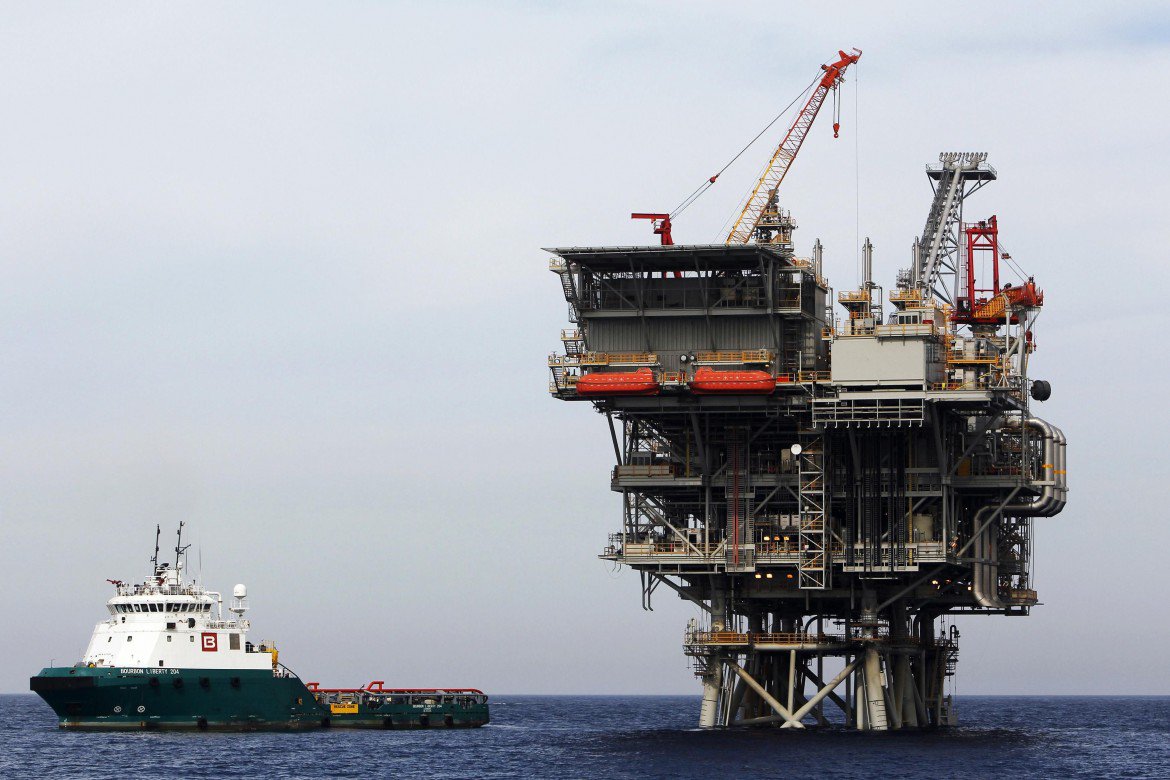Commentary
Polluted power
The Italian government must protect the interest of society, not just the interests of the fossil fuels industry.

The increase in oil-related news, coming from Italy and abroad, is not, unfortunately, an April Fool’s joke, but it confirms, once again, how the oil sector is a source of pollution — and not just at the environmental level. From the illegal disposal of ENI’s waste at Val d’Agri to the UNAOIL case in the Principality of Monaco and the interceptions involving the Minister of Industry on the case of the Tempa Rossa project, for the investigations on the disposal of hazardous waste on Edison’s Vega platform, a bleak picture emerges.
This is nothing new — if we think of the long history of oil scandals in our country — and not only a local issue. In recent weeks, also in the U.S., there are ongoing fraud investigations about falsifications and manipulations of global climate data involving Exxon (Esso in Italy), and it is expanding to other companies. Already there are 20 General Prosecutors involved.
The coincidence with the referendum deadline — though limited to a particular aspect of the extraction of hydrocarbons — requires us all to reflect and should open a debate about which energy future we want. Besides the obvious lack of serious and independent environmental controls, what emerges once again is the role of our true servitude to fossil fuel industry interests, instead of a policy that claims to be reforming and innovative. As we write this, we receive the news of the resignation of the Minister of Economic Development Federica Guidi.
It has been understood and denounced some time ago that the Renzi government had a “fossil” attitude — with devastating attacks on renewable sources, guilty perhaps of having touched a market first controlled by an oligopoly so far dominated by the fossil fuel industries.
The change is that in addition to a “fossil” restoration policy, widely disputed and contested but now out in the open, there could be (an?) abuse of power.
The President of the Council, actively committed to boycott the referendum in violation of the law, said a few days ago, at the inauguration of an Enel renewable energy facility in Nevada, that renewables are fine but we will still need oil for a long time.
The transformation of the energy model toward a model based on renewable energy requires some time, but it is one thing to predict an ambitious transition with clear milestones, another is trying to block the development in all ways possible to protect the interests of the fossil fuel industries. Renewable are fine in Nevada; here in Italy we have to protect the fossil fuels market.
Renzi’s statement that “ENI is now a fundamental piece of our energy policy, our foreign policy, our intelligence policy,” explains well the state of relations. Of course, this is nothing new, it is a company central to the history of the country. But after the Paris Conference — in which the Italian government claims to have contributed positively — it’s time to make choices and decide what is best for the country and not for the fossil fuel industry’s interests. We should open a discussion about the role Italy should have in the renewable energy revolution, either opening the blocked road and building around a supply chain industrial policy, or if on the contrary, we must have a role of “gas hub” and therefore curb any further development. We already know ENI’s position.
Politics — especially what today must redeem itself — should facilitate dialogue with the citizens. And invite them to express themselves on April 17, transforming a referendum question into a public debate.
Giuseppe Onufrio is director of Greenpeace Italy.
Originally published at http://ilmanifesto.info/il-potere-inquinato/ on 2016-04-01
